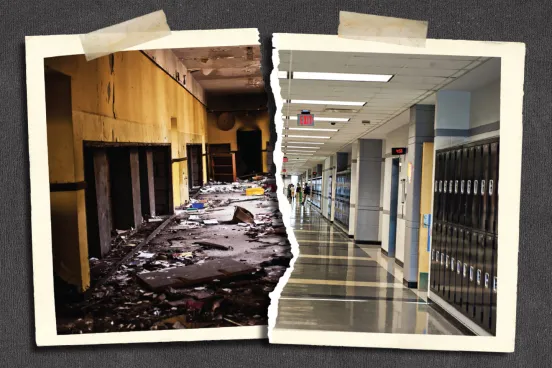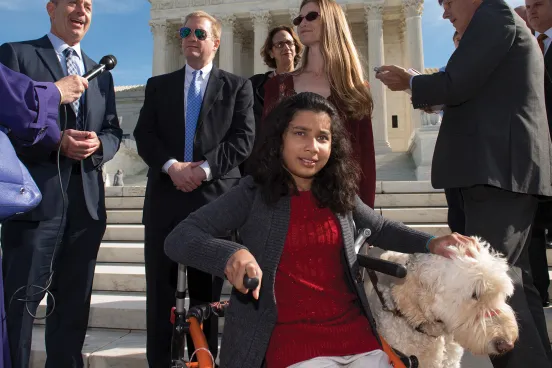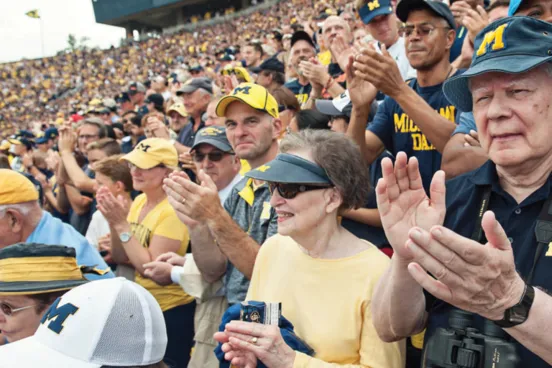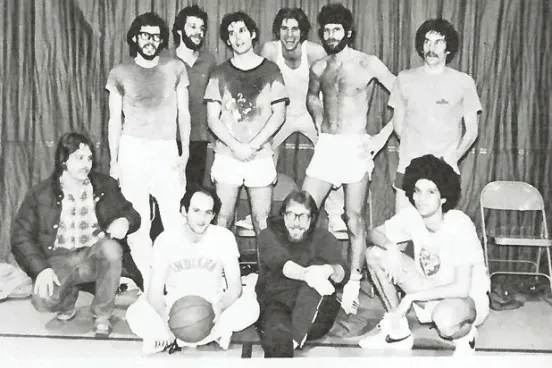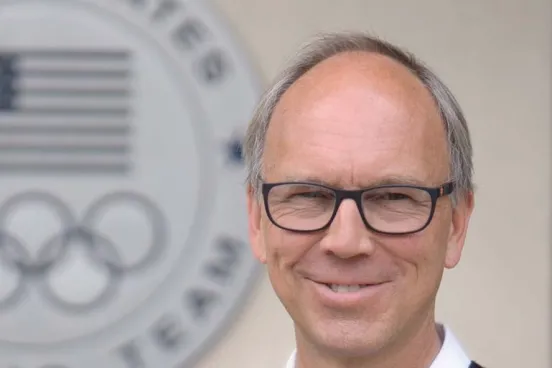
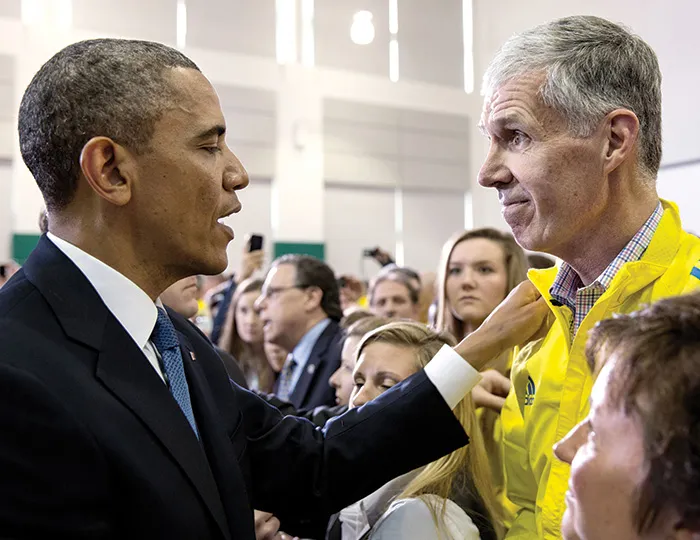
No, Tom Grilk’s current role as chief executive officer of the Boston Athletic Association (BAA) isn’t a de facto retirement. (“I put in as many hours now as I did at my busiest while practicing law.”)
Yes, he works all year—not just April. And yes, there is more to the BAA than the Boston Marathon.
“But if you’ve gotta be known for something, the Boston Marathon isn’t bad,” says Grilk, ’72.
The Boston Athletic Association is one of the country’s oldest athletic clubs and once included equestrian, golf, rowing, and hunting facilities.
But its legacy was sealed when it sent a team of runners to the 1896 Summer Olympics in Athens, and they returned with multiple medals along with descriptions of a new road race that exceeded 20 miles.
The first Boston Marathon was held the next year—and every year since.
Grilk enjoys melding the BAA’s storied tradition with modern innovation. “Our mission—to promote health and fitness—hasn’t changed since 1887, although we’ve scrapped language like ‘manly sports,’” Grilk says.
BAA takes a three-pronged approach to that mission: sponsoring the marathon and shorter road races in Boston; building fitness-focused community service programs for youth and adults; and developing elite runners for national and international competition.
“I am proud to carry our traditions forward and outward,” Grilk says. “We have an obligation to do the very best for the community that has embraced us.”
As CEO, Grilk manages a team whose responsibilities include race-day logistics for three annual events that each exceed 10,000 runners, as well as corporate sponsorships to make it all happen. Then there are the wannabe marathoners. Boston’s marathon is unique in that it requires a qualifying time for nearly all participants.
Grilk is gatekeeper for the other 20 percent who leverage connections to the city, sponsors, and charities to get in. “In some ways, the hardest thing is getting to the starting line,” Grilk says. “It is an aspirational race, and people can be quite demanding. But I understand what a privilege it is to do what I do, so if every minute isn’t pleasant, so be it.”
Even the grumpiest almost-qualifier pales in comparison to Grilk’s most unpleasant moments at the BAA. The challenge for the 2012 race was a forecasted race-day high near 90 degrees.
“Our greatest obligation was to keep the runners safe,” says Grilk. “We couldn’t control the heat, but we could control the services we provided.” The BAA also allowed one-year race deferrals and kept the finish line open until the last runner crossed, instead of the usual six hours.
The next year, late in the race, Grilk was in the basement of a nearby hotel command center, finalizing details for the awards ceremony, when a colleague said, “I hate to be the one to tell you this….”
The scene outside was horrific in the wake of two bomb blasts, and Grilk quickly realized those blasts weren’t about the marathon.
“It obviously was an attack on Boston, on the United States,” he says. Grilk and his team had rehearsed disaster scenarios before, and they got to work: “Focus on the people to whom you have the greatest obligation at that moment, focus on the things you can control, and try not to get too distracted by the things you can’t.”
In a late-night meeting—with hospitals treating the victims, a manhunt for the attackers underway, and a global press corps covering the developing story—Grilk and his team decided that what they could control was getting medals in the hands of the 5,600 racers who were stopped from finishing, and the personal items that those racers had intended to reclaim at the finish line, which now was a crime scene.
The ensuing days and months brought the challenge of dealing with the aftermath of a terrible event while keeping the BAA moving forward as an organization.
“If something bad had to happen to the Boston Marathon, I still know I’d rather be in the center of it than watching helplessly,” Grilk says. In 2015, he was the first witness for the prosecution in the trial of the surviving perpetrator. “I sat 10 feet away from someone who murdered children, and I set the scene of a beautiful day gone horribly wrong.”
What has gone wonderfully right since 2013 is the outpouring of support from around the world. Grilk says it motivates the already exemplary BAA to be even better.
“The response has been astonishing and sustaining, and it carries a responsibility to be worthy of that support.”
Since moments of his running-centric job are stressful, it’s ironic that Grilk began the sport as a young lawyer to relieve stress. “My wife [Nancy Fredrick Grilk, AB ’72] pointed out the window at the Charles River and told me to go and run along it until I felt better.” He also wanted to relate to the elite runners he represented at Hale and Dorr LLP (now WilmerHale). Grilk eventually ran three Boston Marathons, for which he qualified with a personal best of 2:49:03.
Later, he became a member and then a board member of the BAA. He also has been the finish line announcer since 1979.
“People ask how I got my job, say they want my job, and I tell them to volunteer for 30 years and see what happens. Surround yourself with things you like, and you never know where it will lead.”


